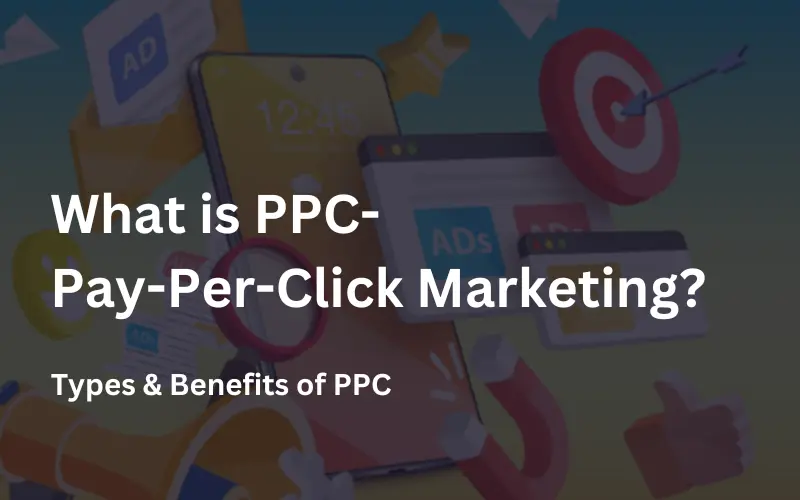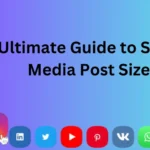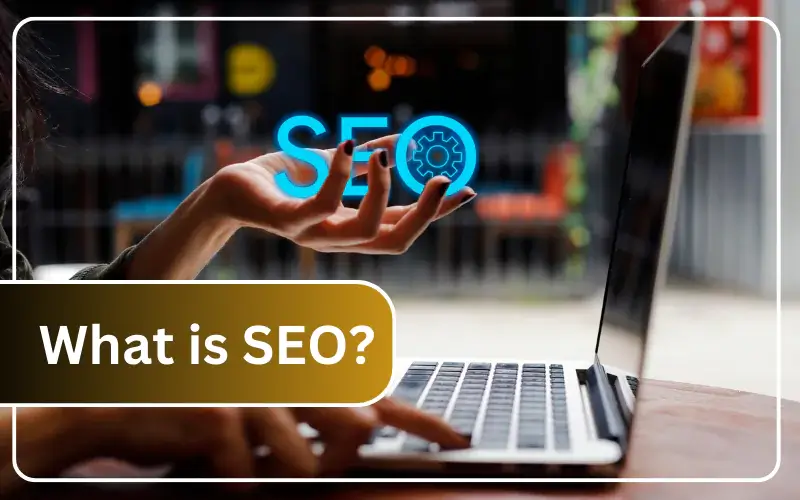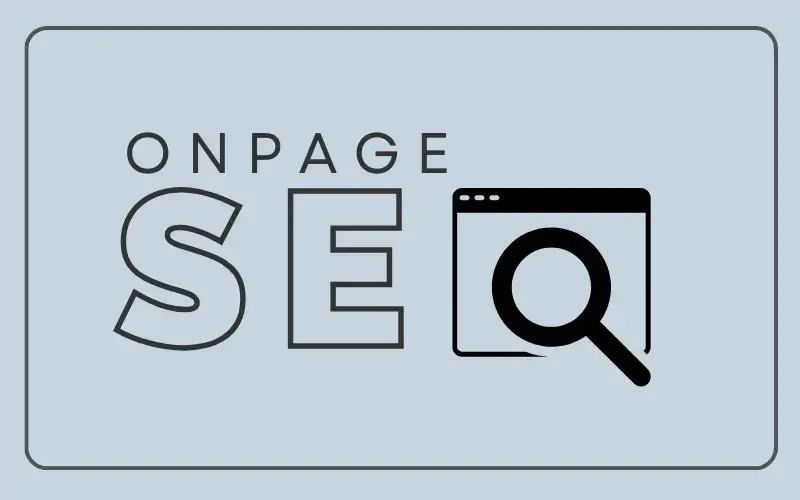If you’ve ever looked for something on Google and seen an ad at the top of the results, you’ve come across PPC (Pay-Per-Click) advertising. PPC is a strong digital marketing method that enables firms to display adverts while only paying when visitors click on them. This article will go over the foundations of PPC, how it works, and why it’s critical for online marketing success.
What is PPC?
PPC, or Pay-Per-Click, is an online advertising technique in which advertisers pay a fee each time a user clicks on their ad. It’s widely utilized in search engines, social media platforms, and display networks. Google Ads is the most prominent PPC platform, but Facebook Ads, Bing Ads, and LinkedIn Ads all offer PPC advertising.
How Does PPC Work?
PPC uses an auction-based system in which marketers bid on keywords relevant to their business. This is how the procedure works:
- Keyword Selection – Advertisers choose relevant keywords that trigger their ads when users search for them.
- Ad Auction – When a user searches for a keyword, an auction determines which ads will appear and in what order.
- Ad Placement – The winning ads appear at the top or bottom of the search results or on social media feeds.
- Pay for Clicks – Advertisers only pay when users click on their ads, making PPC a cost-effective strategy.
Benefits of PPC Advertising
PPC is one of the most successful methods for increasing traffic and generating leads. Here are some significant advantages:
- Instant Visibility – Unlike SEO, which takes time, PPC delivers immediate results by placing ads at the top of search results.
- Targeted Audience – Advertisers can target specific demographics, locations, and user behaviours.
- Measurable Results – PPC platforms provide detailed analytics, allowing advertisers to track performance and optimize campaigns.
- Budget Control – Businesses can set daily budgets and adjust bids to control advertising costs.
- Higher Conversion Rates – Since PPC targets users actively searching for products or services, it often leads to higher conversion rates.
Types of PPC Ads
There are different types of PPC ads designed to serve various marketing objectives:
- Search Ads – Text-based ads that appear on search engine results pages (SERPs) when users search for specific keywords.
- Display Ads – Image or banner ads shown on websites within a display network.
- Social Media Ads – Ads on platforms like Facebook, Instagram, LinkedIn, and Twitter that target specific user demographics.
- Shopping Ads – Product-based ads that appear on Google Shopping and other eCommerce platforms.
- Video Ads – Ads displayed on platforms like YouTube before, during, or after videos.
How to Start a PPC Campaign
Launching a successful PPC campaign requires planning and optimization. Follow these steps:
- Define Your Goals – Determine what you want to achieve (e.g., website traffic, lead generation, sales).
- Keyword Research – Use tools like Google Keyword Planner to find high-performing keywords.
- Create Compelling Ads – Write engaging ad copy and use high-quality images or videos.
- Set a Budget – Establish a daily or monthly budget to manage spending.
- Monitor and Optimize – Track key metrics like click-through rate (CTR), conversion rate, and cost-per-click (CPC) to improve performance.
Common PPC Mistakes to Avoid
Avoid these mistakes to get the most out of your PPC campaigns:
- Ignoring Negative Keywords – Exclude irrelevant searches to prevent wasted ad spend.
- Not Optimizing Landing Pages – Ensure your landing pages are relevant and optimized for conversions.
- Using Broad Keywords – Focus on specific, high-intent keywords to attract the right audience.
- Failing to Track Performance – Regularly analyze metrics to refine your campaigns.
Conclusion
PPC is an important aspect of digital marketing that allows firms to acquire rapid awareness, target the correct audience, and produce high-quality leads. Understanding the fundamentals of PPC and adhering to standard practices allows you to develop successful ads that optimize ROI. Whether you’re a small business or a major corporation, PPC may transform your marketing strategy.






